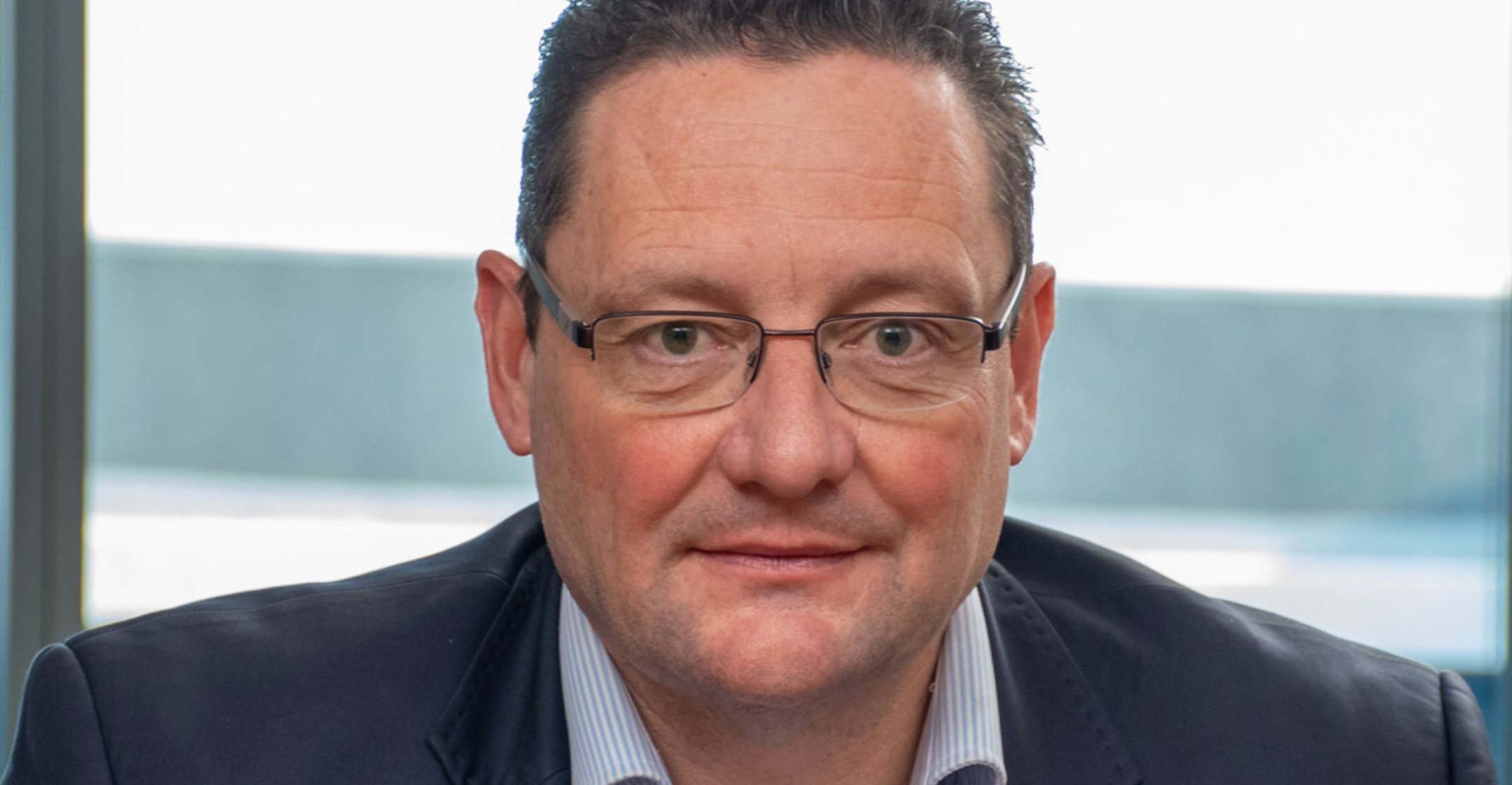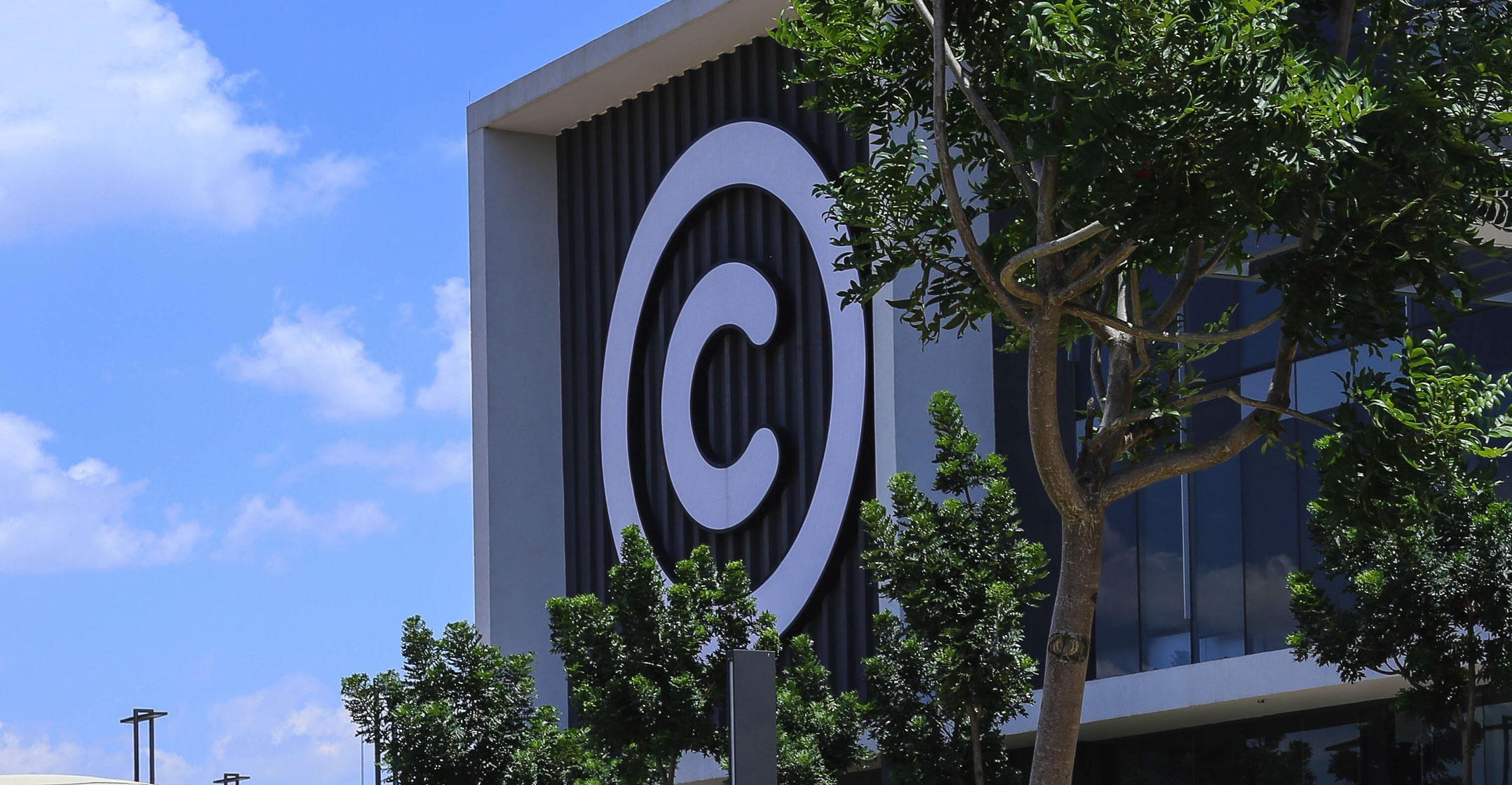
Like many South Africans, I watched the Chasing the Sun documentary towards the end of 2020 with interest and reminisced. It relives how the Springboks won the 2019 Rugby World Cup in Japan. With each episode, one could see the importance of leadership and how players had unique roles to play in the team’s eventual success.
But the Cinderella story started from a difficult place.
If you recall, the Springboks were not favoured to win the tournament. Doubters abounded. Winning the Webb Ellis trophy was a remarkable journey — a turnaround strategy that came to fruition. Every player had to prove why they deserved to be world champions.
There are three important takeaways from the series, all of which are relevant to South Africa’s mobile sector. These lessons are also useful in describing how Cell C is reinventing itself and how it wishes to compete, even though it may be perceived (currently) as an underdog.
Lesson 1: Play your plan (but adapt)
Following a humiliating defeat in September 2017 at the hands of their archrivals, the All Blacks, the Springboks had to rebuild. Over two years, culminating with their World Cup win, the players and coaching staff mounted an historic comeback to restore their dignity and the reputation of South African rugby.
In a similar way, Cell C has had to turn around its business against some difficult headwinds during recent years. The company has worked hard to position itself for long-term success. Now that its turnaround strategy is in play, the company is more competitive and adapting to the evolving telecommunications landscape.
Covid-19 has accelerated the adoption of Cell C’s new business model and seen some profound adaptation, particularly in its network strategy and go-to-market approach. It has sometimes been a bruising experience, but we are coming through as a stronger and healthier business.
A successful recapitalisation will put us in a better position to compete. We have the right team in place and are eager to contribute more to South Africa’s digital ecosystem.
In “rugby speak”, we have chosen our style of play and our game plan.
 Lesson 2: Be creative and nimble
Lesson 2: Be creative and nimble
Springbok Cheslin Kolbe is truly inspirational. He is not the biggest player, but he is agile and creative. He “punches above his weight” and “takes the gap” when appropriate. He also won’t be bullied by the “big boys” or those who try to act bigger than they are.
The same can be said for Cell C.
There are players in the mobile market who believe that size matters most. Some competitors boast about having the biggest network. Others view their number of subscribers as a point of pride. We see ourselves differently because we have a different set of metrics for success.
Relying upon size and brute force does not always work. (Just ask Cheslin.) It takes skill, cohesive teamwork and picking the right places to compete. Smashing head-on into a much larger player is rarely the best decision.
For example, when Cell C talks about becoming a wholesale aggregator, this is one of the ways it plans to participate in the telecoms sector along with its bigger rivals. Similarly, when it comes to customers, services and products, the company’s focus is on quality over quantity.
At the end of 2020 we saw our total subscriber base back up to over 12.5 million (first half 2020: 11.7 million) customers and the average revenue per user (Arpu) for our prepaid customers increase to R72 (H1 2020: R66). These are quality customers who are choosing to spend more with Cell C.
Lesson 3: Competitive collaboration works
The Boks’ World Cup squad had 31 players selected for the tournament. Leading up to each encounter, teammates competing with one another to hone their skills and create efficiencies. Fellow players went head-to-head with one another, competing collaboratively to create, for example, effective lineouts and sturdy scrums. And so it is with the mobile sector. We must work together and compete effectively to win.
Just as rugby has evolved over the past 10 years to become more sophisticated and nuanced, so, too, has the telecoms industry. Hundreds of billions of rand have been invested in physical networks during this time, and new services are emerging faster than ever. This has led to a new chapter in the evolution of telecoms: the Age of Network Sharing.
To this, in January 2021 Cell C began with the implementation of its network strategy, which will see the transition of customers to partner networks, as it looks to reduce its capital expenditure significantly, shut down its own physical network and rather buy infrastructure services from the bigger players that have the funds to continue to invest in new technologies.
Cell C’s contract and broadband customers will, by the end of February, be roaming on the Vodacom network, while prepaid customers will, over a 36-month transition period, roam on MTN. By aggregating wholesale capacity, we aim to differentiate ourselves on our service and products. Collaboration and competition are mutually beneficial. Looking around the world, such active sharing agreements are proving to be part of a successful competitive model for the mobile sector.
 Growing South Africa’s digital ecosystem
Growing South Africa’s digital ecosystem
Cell C wants to contribute to the government’s plan to improve broadband access, transform the ICT sector, promote more service-based competition and stimulate inclusive economic growth. According to finance minister Tito Mboweni, funds generated from the spectrum auction will establish a fund that will be “an important long-term tool for saving and investment for future generations”.
We, too, want to grow the game and play a better game while we do it. If the spectrum auction due to take place in March 2021 is to increase competition — rather than entrench market dominance — there should be mechanisms in place to ensure universal access and service standards. While the auction presents an opportunity for the government to bring in much-needed funds, the long-term viability of the sector is also at stake.
As a mobile operator, we want to empower and connect South Africans, on their terms, to products and services they value. Each player in the ICT market has different strengths and abilities and Cell C believes that what it brings to the table is supportive of government’s plan for a more robust telecoms sector, a stronger economy and a transformed South Africa.
- Douglas Craigie Stevenson is Cell C CEO

